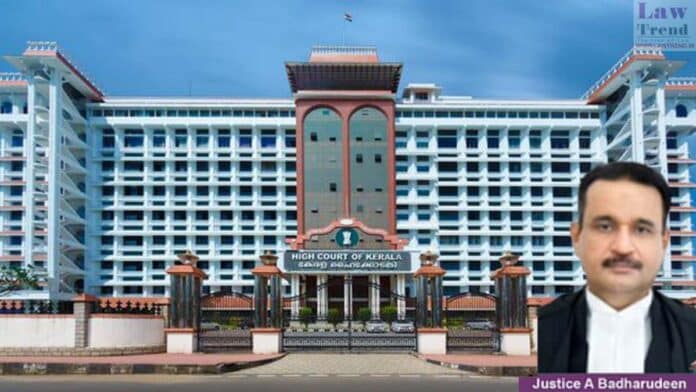The Kerala High Court, in a landmark ruling, reiterated that serious offenses under the Protection of Children from Sexual Offences Act, 2012 (POCSO Act) cannot be quashed on the basis of a compromise between the accused and the complainant. Delivering the judgment, Justice A. Badharudeen emphasized that the stringent provisions of the POCSO Act are
To Read More Please Subscribe to VIP Membership for Unlimited Access to All the Articles, Download Available Copies of Judgments/Order, Acess to Central/State Bare Acts, Advertisement Free Content, Access to More than 4000 Legal Drafts( Readymade Editable Formats of Suits, Petitions, Writs, Legal Notices, Divorce Petitions, 138 Notices, Bail Applications etc.) in Hindi and English.




